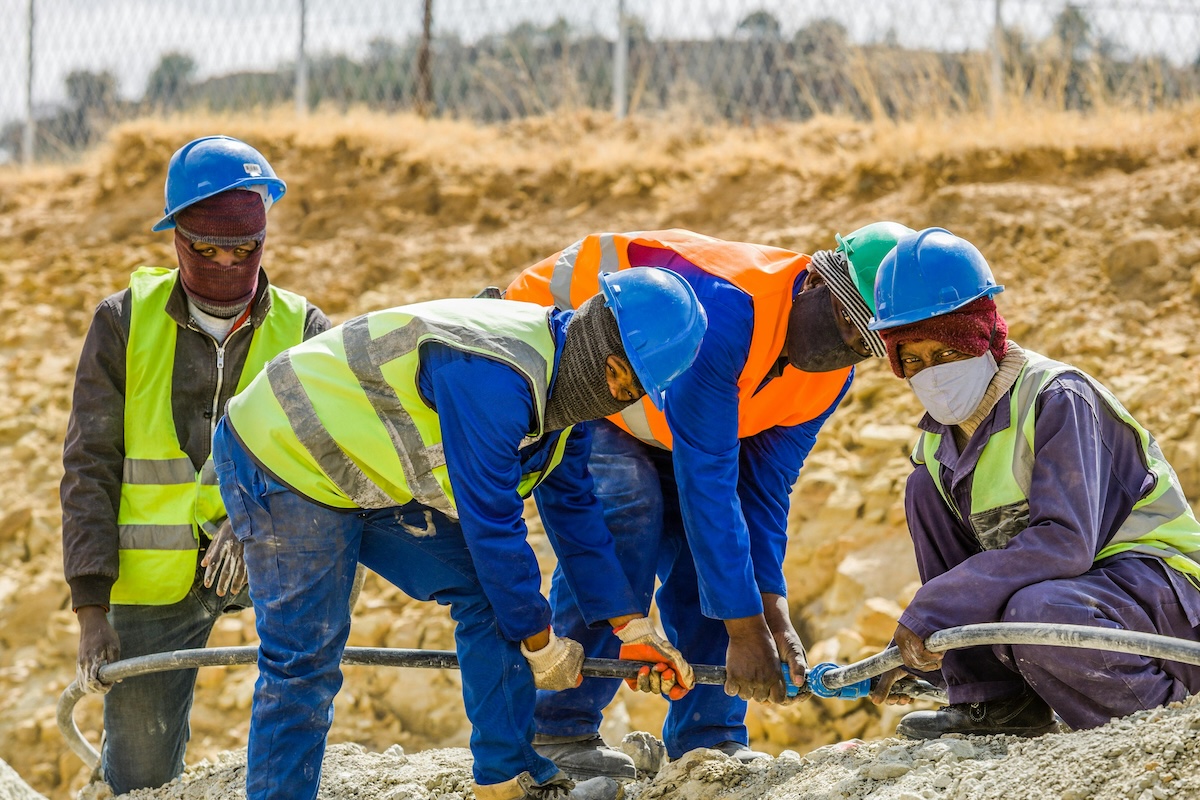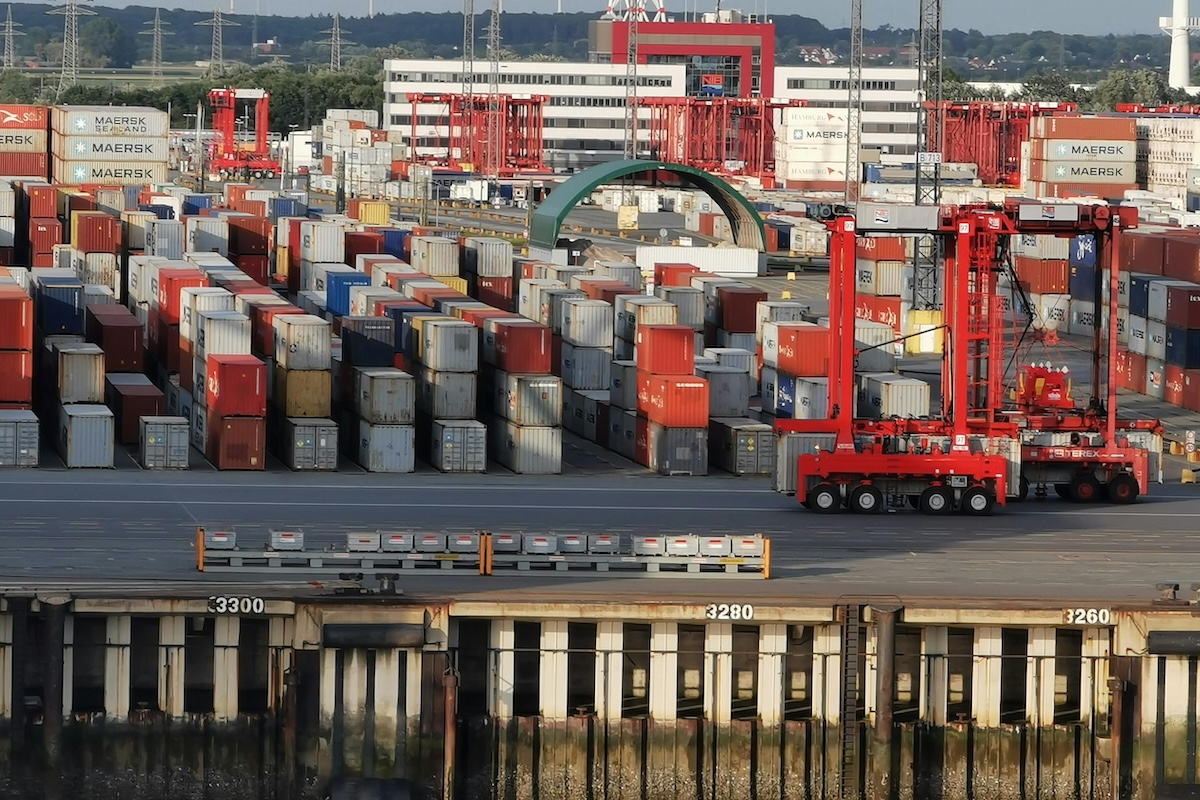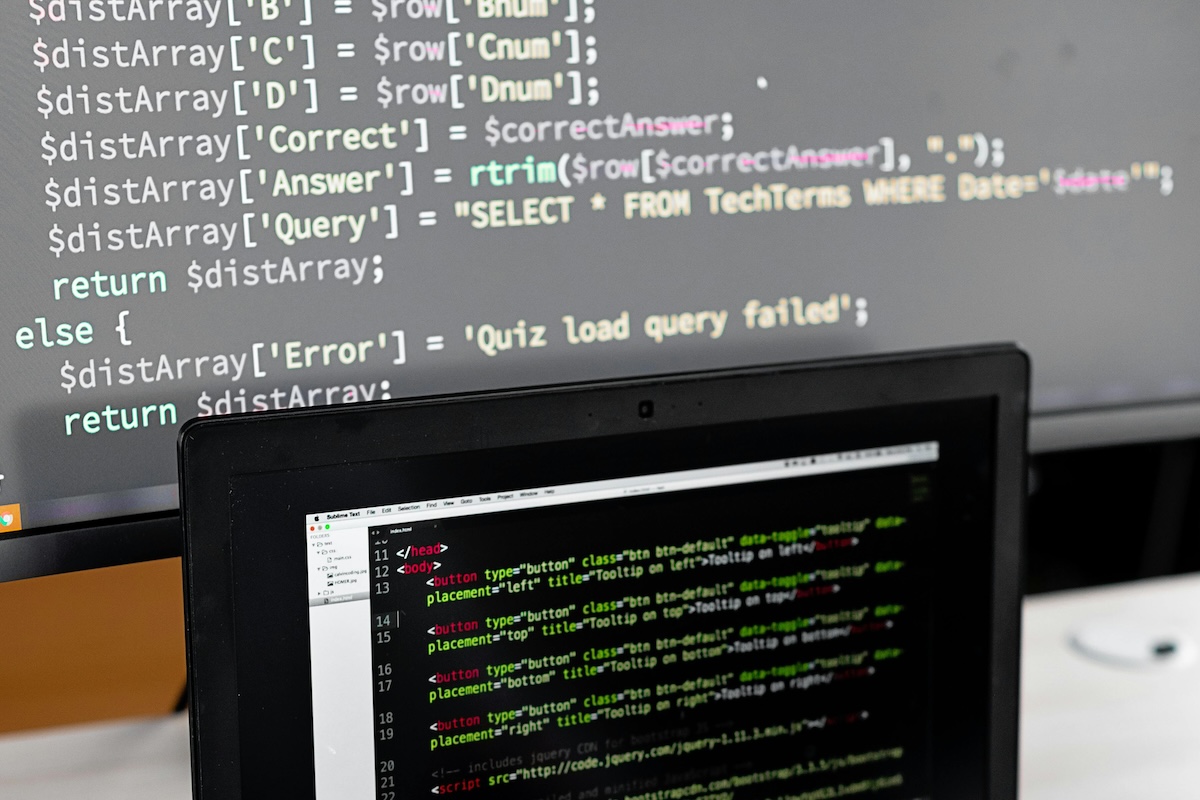Understanding ITAR Brokering Activities in Global Trade

Article Summary
ITAR brokering activities involve facilitating the manufacture, export, import, or transfer of defense articles or services.
U.S. persons and certain foreign persons engaged in brokering defense articles or services must register with the Directorate of Defense Trade Controls (DDTC).
Transactions involving U.S. Munitions List (USML) items destined for restricted countries or parties require DDTC approval.
Yes, exemptions exist for activities like domestic-only transactions or administrative services that do not directly facilitate defense trade.
Penalties include substantial fines, loss of export privileges, reputational damage, and potential criminal charges.
Companies should implement robust compliance programs, maintain detailed records, and conduct regular training and audits.
Introduction
The United States plays a central role in the international defense trade, but with that role comes a responsibility to regulate how defense articles, services, and technologies are transferred worldwide. To safeguard national security and foreign policy interests, the U.S. Department of State enforces the International Traffic in Arms Regulations (ITAR). Among its many provisions, ITAR specifically regulates brokering activities—actions that involve arranging or facilitating the sale or transfer of defense articles or services.
For businesses, consultants, and even individuals who operate in the defense industry, understanding ITAR brokering rules is essential. Noncompliance can lead to severe civil and criminal penalties, reputational damage, and loss of export privileges. This article explains what ITAR brokering activities entail, why they matter, and what companies must do to remain compliant.
Key Details About ITAR Brokering Activities
1. What Counts as Brokering?
Under ITAR, brokering activities include any action that facilitates the manufacture, export, import, transfer, reexport, or retransfer of defense articles or defense services. This covers a broad range of activities, from negotiating contracts to arranging financing, or even advising on potential defense transactions. Importantly, brokering applies whether or not the broker ever takes possession of the items or participates directly in the sale.
2. Who Must Register as a Broker?
Any U.S. person or company engaged in brokering defense articles or services must generally register with the Directorate of Defense Trade Controls (DDTC). In certain cases, foreign persons or entities subject to U.S. jurisdiction may also be required to register. Registration does not itself authorize brokering activities—it simply allows DDTC to regulate and oversee those involved. Specific approval is still needed for covered transactions, particularly those involving sensitive countries, entities, or technologies.
3. Transactions That Require Prior Approval
Not all brokering activities are treated the same. Some transactions require advance approval from DDTC, especially when they involve items on the U.S. Munitions List (USML) destined for proscribed countries or restricted parties. Examples include arranging the sale of military-grade weapons, aircraft, or space-related technologies. Companies must carefully assess whether their activities trigger approval requirements, as unauthorized brokering is one of the most common ITAR violations.
4. Exemptions and Carve-Outs
ITAR does provide certain exemptions. For example, activities related solely to foreign defense articles not subject to U.S. jurisdiction may fall outside the brokering definition. Likewise, internal administrative work that does not directly facilitate a transaction may be exempt. However, exemptions are narrowly applied, and businesses must exercise caution—misinterpreting the rules can lead to costly mistakes.
5. Compliance and Recordkeeping
Effective compliance programs are the backbone of ITAR brokering oversight. Companies engaged in brokering must maintain detailed records of their activities for at least five years, including communications, contracts, and approvals. Many organizations also implement training programs, internal audits, and screening procedures to ensure employees understand their obligations. A strong compliance framework not only reduces the risk of violations but also demonstrates good faith to regulators if questions arise.
Conclusion
ITAR brokering activities play a critical role in controlling the global movement of defense articles and services. For businesses and individuals working in the defense trade, compliance is not optional—it is a legal and ethical requirement tied directly to U.S. national security. By understanding what constitutes brokering, registering with DDTC, obtaining necessary approvals, and maintaining strong compliance practices, organizations can mitigate risks and participate responsibly in the international defense marketplace.
In a sector where penalties for missteps are severe, diligence in adhering to ITAR’s brokering provisions is not just good practice—it’s essential for long-term success and trust in the global defense industry.
Key Points
What are ITAR brokering activities, and why are they regulated?
- Definition: ITAR brokering activities include any action that facilitates the manufacture, export, import, transfer, reexport, or retransfer of defense articles or services. This can involve negotiating contracts, arranging financing, or advising on defense transactions.
- Purpose of Regulation: These activities are regulated to safeguard U.S. national security and foreign policy interests by controlling the global movement of defense-related items.
Who is required to register as an ITAR broker?
- U.S. Persons: Any U.S. citizen, permanent resident, or entity engaged in brokering activities must register with the DDTC.
- Foreign Persons: Foreign persons located in the U.S. or under U.S. jurisdiction may also need to register.
- Exemptions: U.S. persons already registered as manufacturers or exporters of defense articles may be exempt from broker registration but must still comply with other ITAR requirements.
What transactions require prior approval under ITAR?
- USML Items: Transactions involving items on the U.S. Munitions List (USML), such as military-grade weapons, aircraft, or space technologies, often require DDTC approval.
- Restricted Destinations: Deals involving proscribed countries, restricted parties, or sensitive technologies are subject to stricter oversight.
- Importance of Approval: Unauthorized brokering is a common ITAR violation and can result in severe penalties.
Are there exemptions to ITAR brokering requirements?
- Domestic Transactions: Activities limited to U.S. domestic sales or transfers are generally exempt.
- Administrative Services: Tasks like providing office space, clerical support, or legal advice that do not directly facilitate defense trade are exempt.
- Foreign Defense Articles: Activities involving foreign defense articles not subject to U.S. jurisdiction may also be exempt.
- Caution: Misinterpreting exemptions can lead to costly compliance errors, so businesses should seek expert guidance.
What are the penalties for ITAR non-compliance?
- Fines and Penalties: Violations can result in civil fines of up to $1 million per violation and criminal penalties, including imprisonment.
- Loss of Export Privileges: Companies may lose the ability to export defense articles or services.
- Reputational Damage: Non-compliance can harm a company’s reputation and future business opportunities.
- Mitigation: A strong compliance program can help reduce risks and demonstrate good faith to regulators.
How can companies ensure compliance with ITAR brokering rules?
- Registration: Ensure all brokers are registered with the DDTC as required.
- Recordkeeping: Maintain detailed records of brokering activities for at least five years, including contracts, communications, and approvals.
- Training and Audits: Conduct regular employee training and internal audits to ensure compliance with ITAR regulations.
- Screening Procedures: Implement robust screening processes to identify restricted parties or destinations.
- Seek Expert Advice: Consult with trade compliance professionals to navigate complex ITAR requirements effectively.










